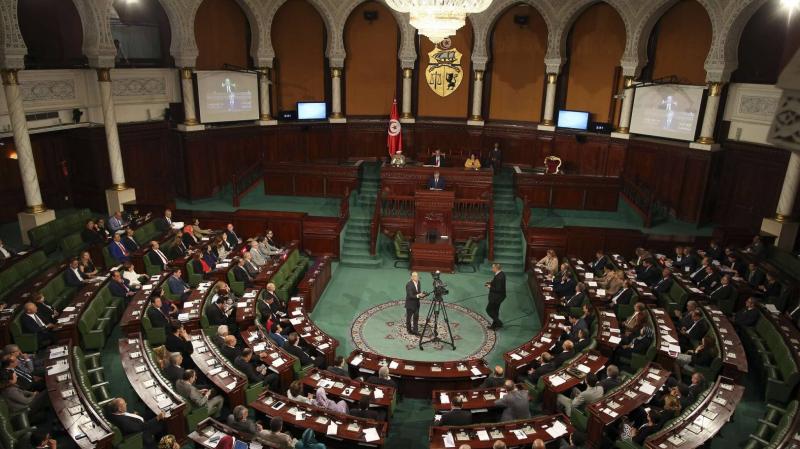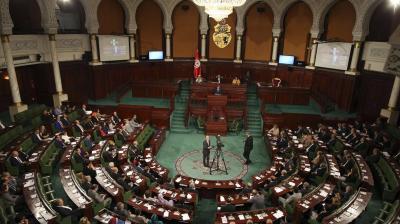A proposal within the Tunisian parliament to employ thousands of stranded migrants from Sub-Saharan African countries has sparked controversy due to its lack of human rights guarantees and significant opposition to their settlement in the country. Two members of parliament submitted a written proposal to the council’s office that includes a plan to employ migrants through subcontracting companies to take advantage of cheap labor in major projects for a period not exceeding twenty years, after which they would be repatriated.
The proposal suggests starting this initiative in the Sfax region to accommodate the large number of migrants spread throughout the olive groves in the rural areas of the neighboring cities of Amara and Gabes. This step could pave the way for the gradual integration of irregular migrants according to Tunisia's economic needs, which is facing low growth rates.
Imad Saltani, president of the "Land for All" association advocating for migrant rights, told the German news agency (dpa) that "the proposal could be beneficial for both Tunisia and the migrants, providing them with legal status and official documents and protecting them from the risks of delinquency and crime." He added, "Humanity cannot be fragmented. We demand the same for the employment of our Tunisian children migrating to Europe. This is our perspective, and we advocate for the employment of migrants in Tunisia while preserving their dignity."
However, the leaked document of the proposal raised several concerns once it was shared on social media. MP Badreddine Kamoudi stated that the proposal created a state of discontent and was categorically rejected both in form and substance. He further remarked in a statement to private radio "Mosaïque" that there is a consensus in parliament regarding the supportive stance towards the executive authority's refusal to allow Tunisia to become a transit or settlement country for irregular migrants.
A record influx of migrants from Sub-Saharan Africa reached Tunisia in 2023, intending to cross the Mediterranean Sea to European shores in search of better life opportunities. This directly contributed to nearly 100,000 migrants departing from Tunisia's coasts, accounting for about two-thirds of the total 150,000 migrants who landed on Italian shores in 2023.
A week ago, Tunisian Interior Minister Kamal Al-Feki reported that there were more than 32,000 migrants in the country, of which 23,000 were present illegally. Many irregular migrants can be seen engaged in marginal jobs such as construction work, car washes, or cleaning services. However, authorities have begun enforcing strict restrictions on their employment and imposed penalties on non-compliant employers since 2023.
Instead of employment and integration, the government is promoting a voluntary repatriation program for migrants to their home countries in coordination with the International Organization for Migration. According to the Tunisian Ministry of Interior, 7,100 migrants from Sub-Saharan Africa have already left Tunisia under this program between March 2023 and May 2024.
Italy, being the closest destination to Tunisian shores, along with the European Union, is pressuring to curb the influx and combat human smuggling activities by providing financial and economic support to Tunisia.




